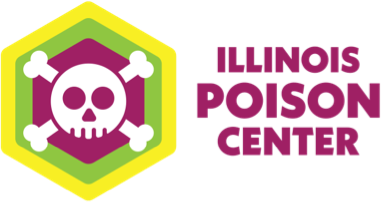Medication Safety
Medication can improve or save lives—if taken correctly. If used incorrectly, both prescription and over-the-counter medicine can be harmful. Every year, adverse drug events send more than 1 million people to hospital emergency rooms. Accidental ingestion of medication is also one of the leading causes of childhood poisoning in the U.S.
If your child accidentally ingested medication, call IPC at 1-800-222-1222. Call 911 if your child is unconscious, not breathing, or having convulsions or seizures.
IPC recommends you store all medicine safely and out of reach of children, as many medications look like candy. If you have children at home, remind visitors and caregivers to keep their medications in a safe place (i.e., not in a coat pocket or purse).
Before taking any new prescription, ask your doctor or pharmacist how it may interact with your existing medications. IPC also suggests you ask your doctor if there are certain foods, beverages or activities you should avoid while taking certain medication.
How to safely take medication:
- Read the label first and carefully follow the instructions.
- Call IPC at 1-800-222-1222 if you have any questions.
- When pouring liquid medications, always use the measuring device that comes with the medicine or a device that shows exact amounts. Do not use an eating utensil to measure medication.
- Never take prescription medicine that was prescribed for someone else.
- Never take more medication than directed.
- Use a calendar or pillbox to prevent skipping or doubling doses.
- Do not take expired medication. Properly dispose of old medicines following IPC’s guideline
IPC is here to help. If you have questions about medication, call IPC at 1-800-222-1222 to speak with a toxicology expert. The IPC helpline is available 24 hours a day, seven days a week. Calls are free and confidential.
